Caring for a loved one with dementia can often feel isolating – but you’re not alone. A dementia caregiver shares his top three pieces of advice, one caregiver to another.
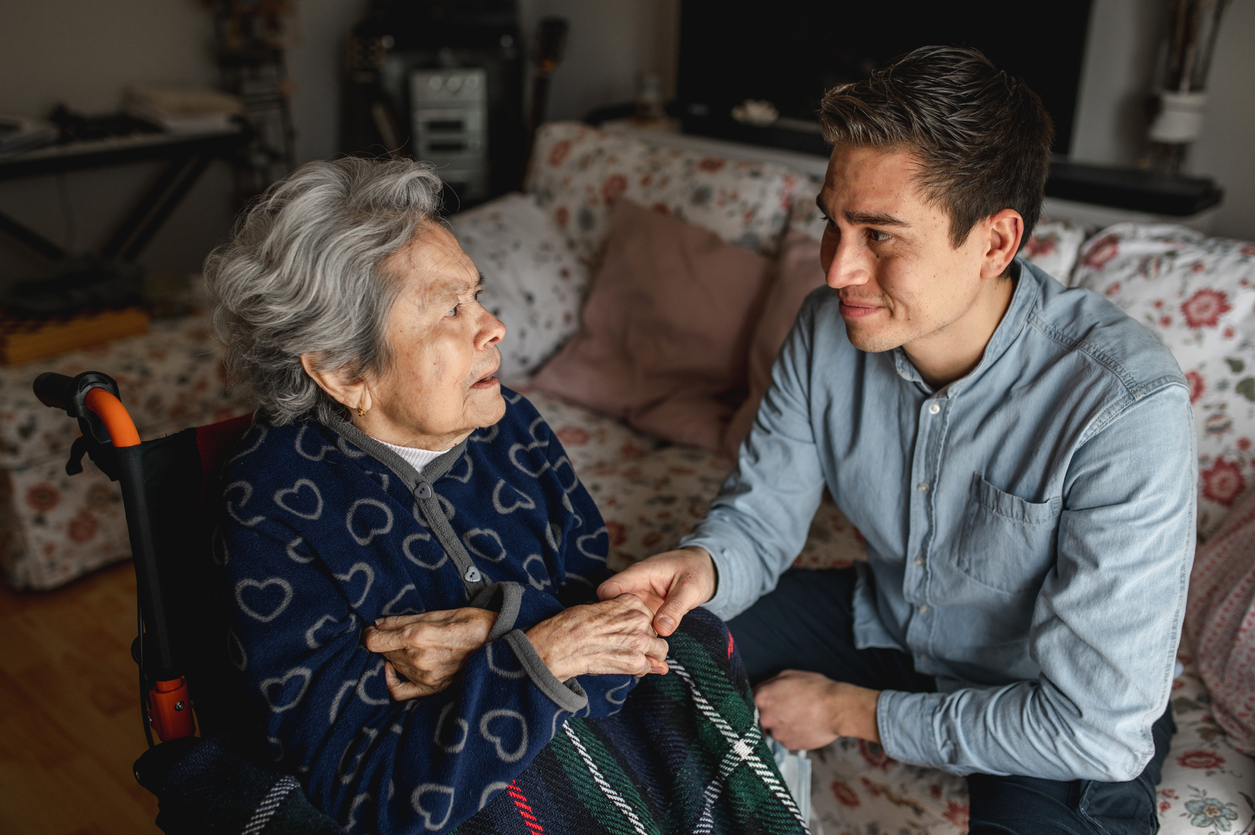
Caring for a loved one with dementia can often feel isolating – but you’re not alone. A dementia caregiver shares his top three pieces of advice, one caregiver to another.
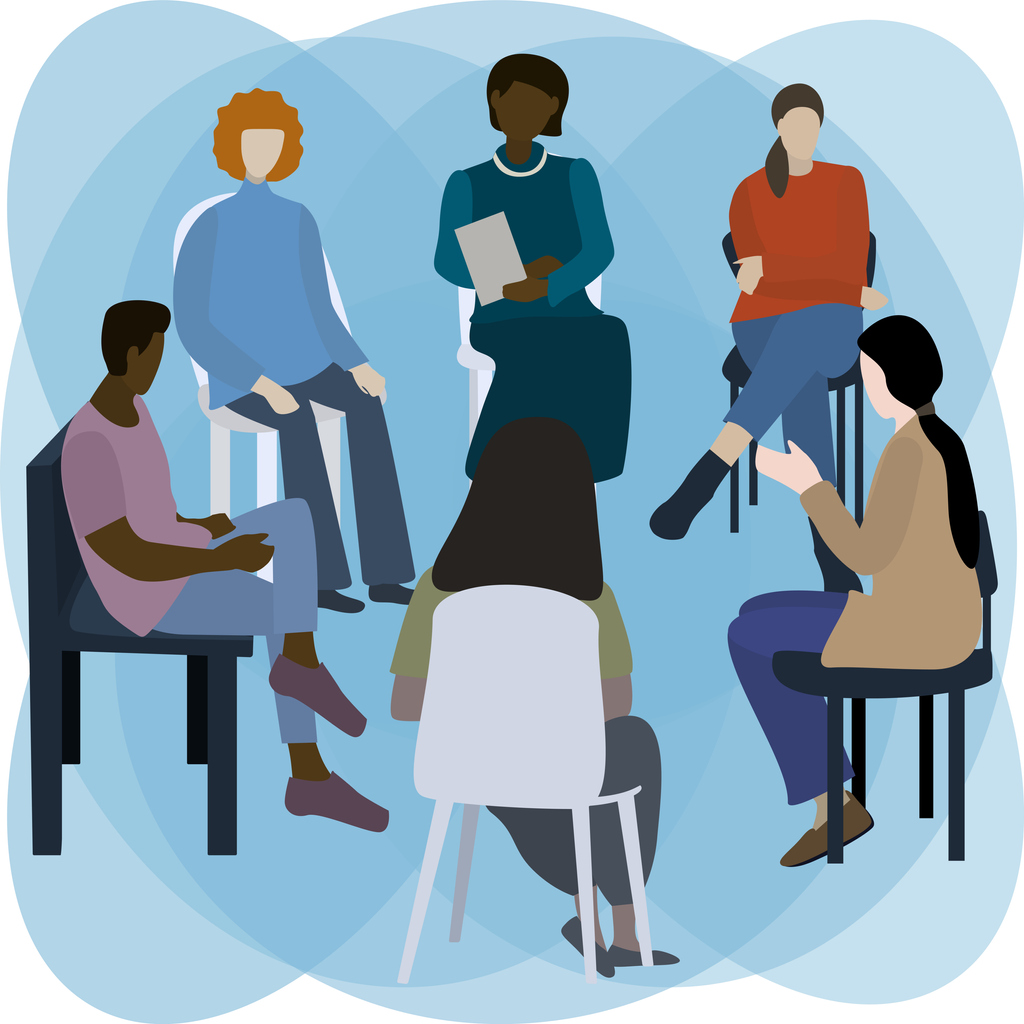
Taking care of yourself is the most important thing you can do as a caregiver. Caregiver support groups offer community, understanding and advice from people who’ve been there.
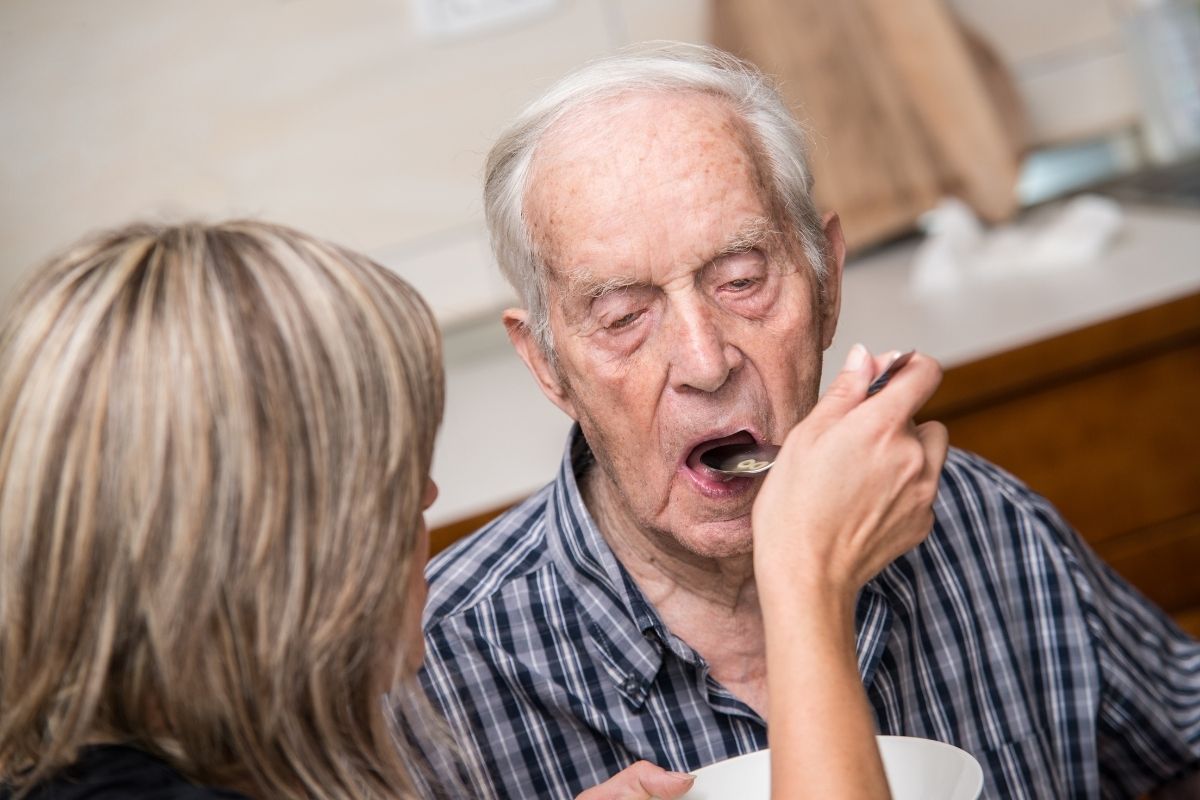
Here’s what you should know when your loved one no longer wants to eat or drink while receiving hospice care.
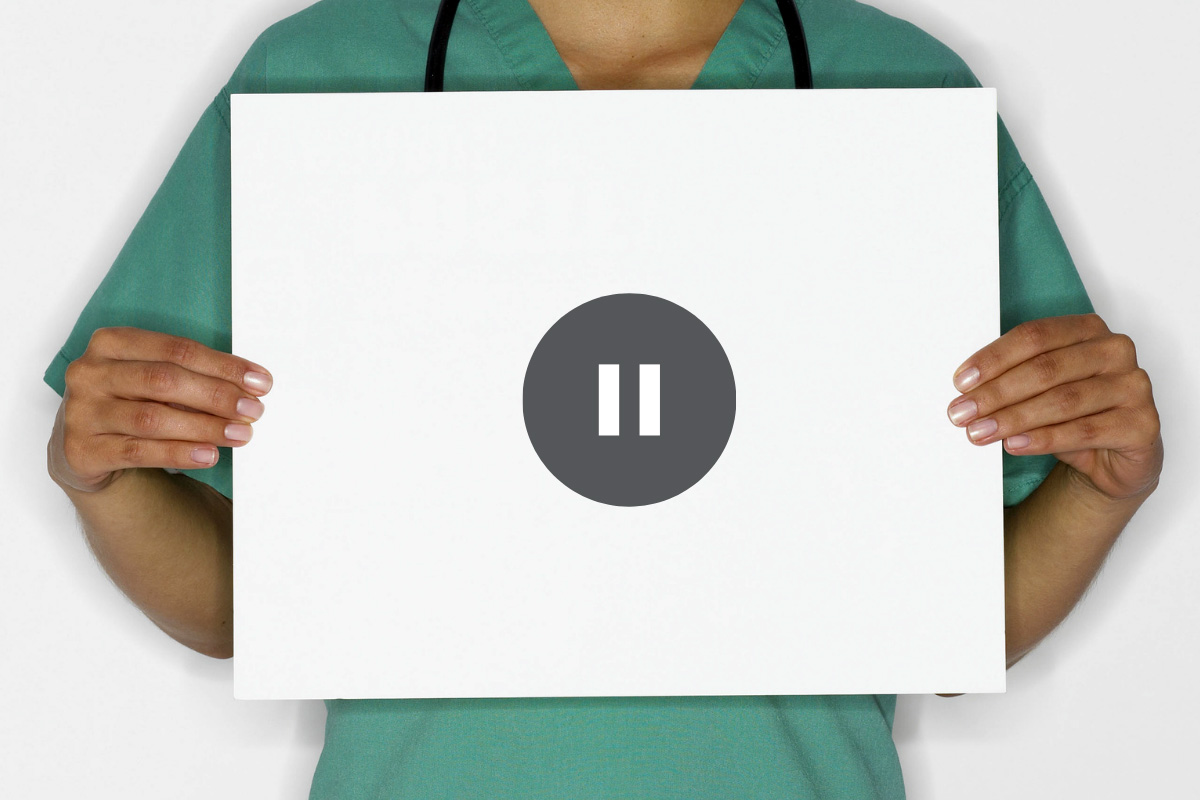
A new initiative brings HopeHealth clinical care teams together to talk about difficult cases they are encountering and to support each other.
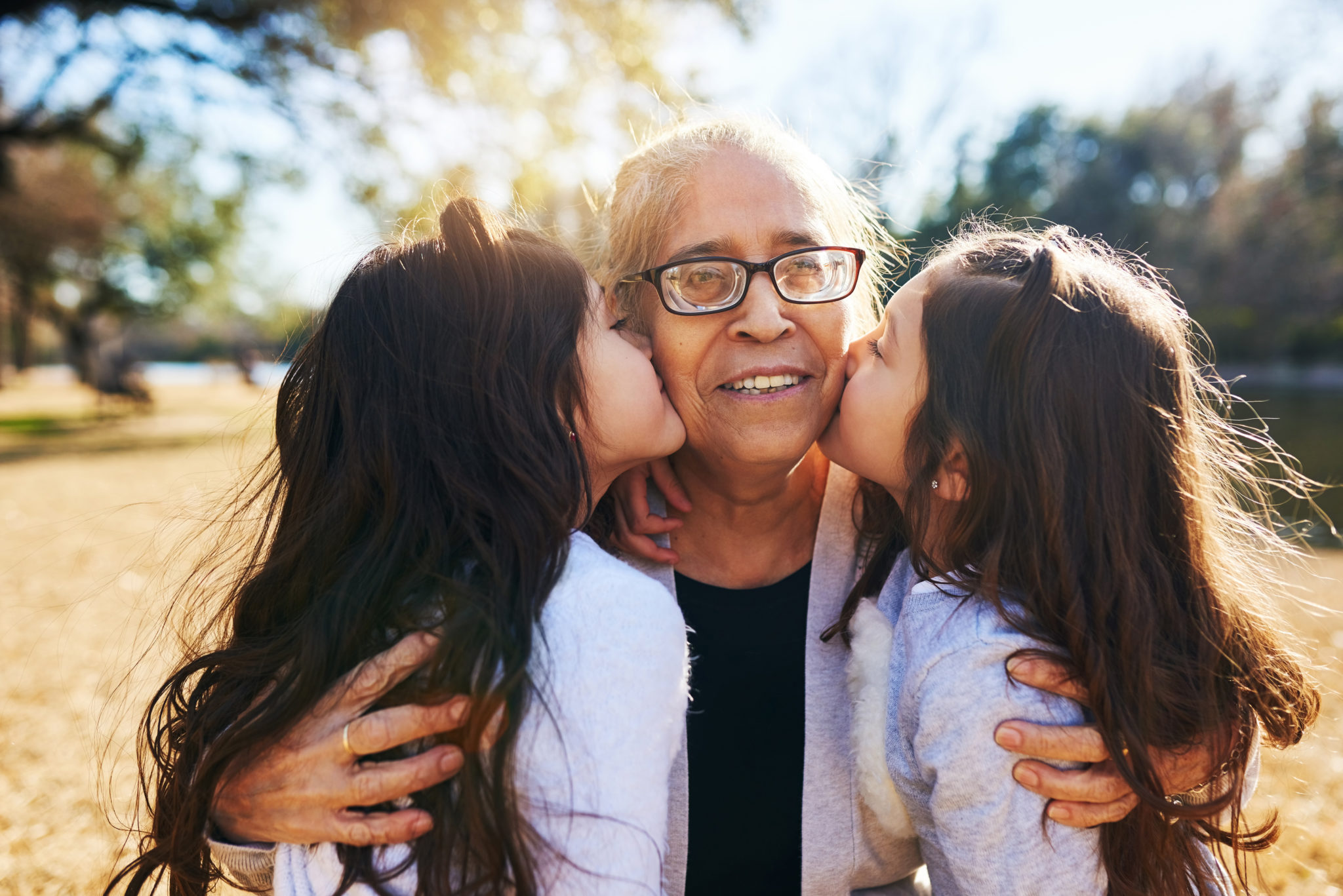
Children and teens struggle with complex emotions when a loved one has Alzheimer’s or dementia. A HopeHealth grief counselor offers parents guidance for parents to help their children cope.
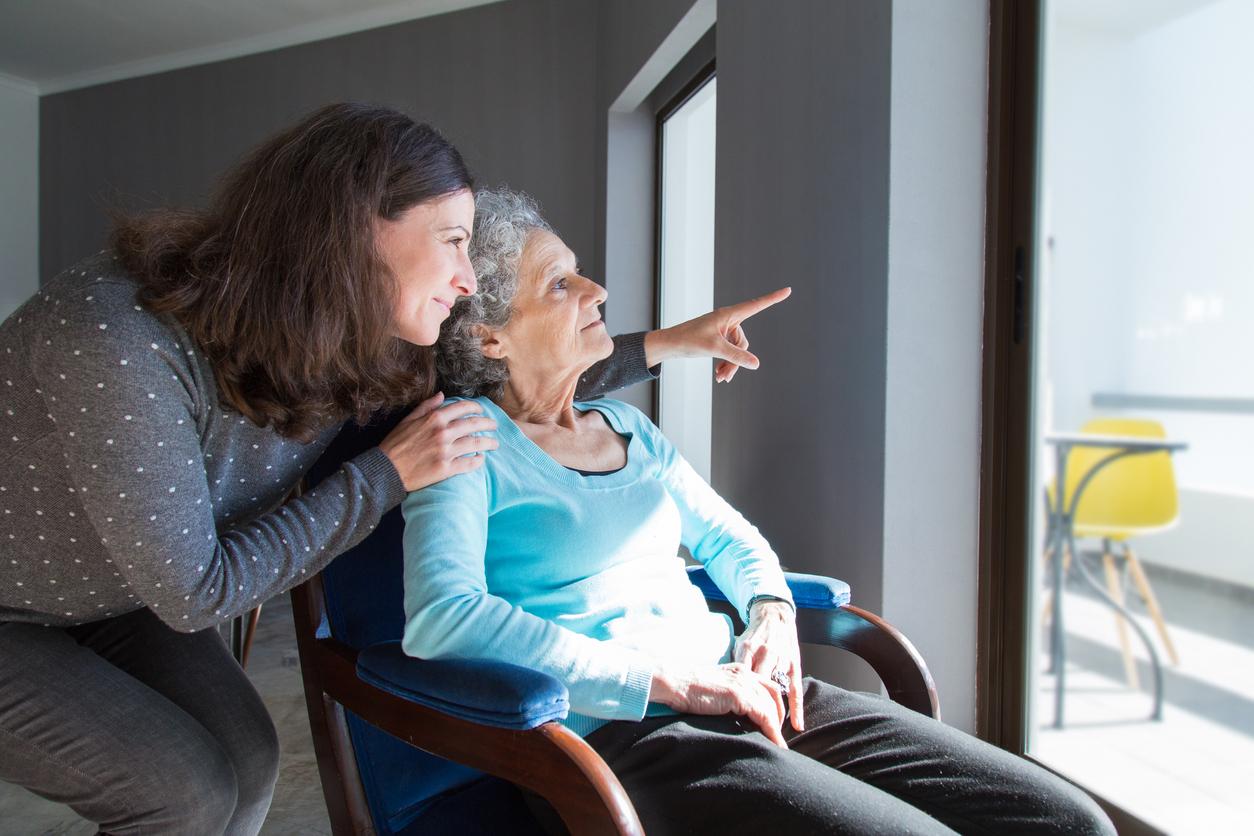
From hand-washing reminder notes to virtual family dinners, here are creative ways for dementia caregivers to keep themselves and loved ones safe during the coronavirus COVID-19 situation.
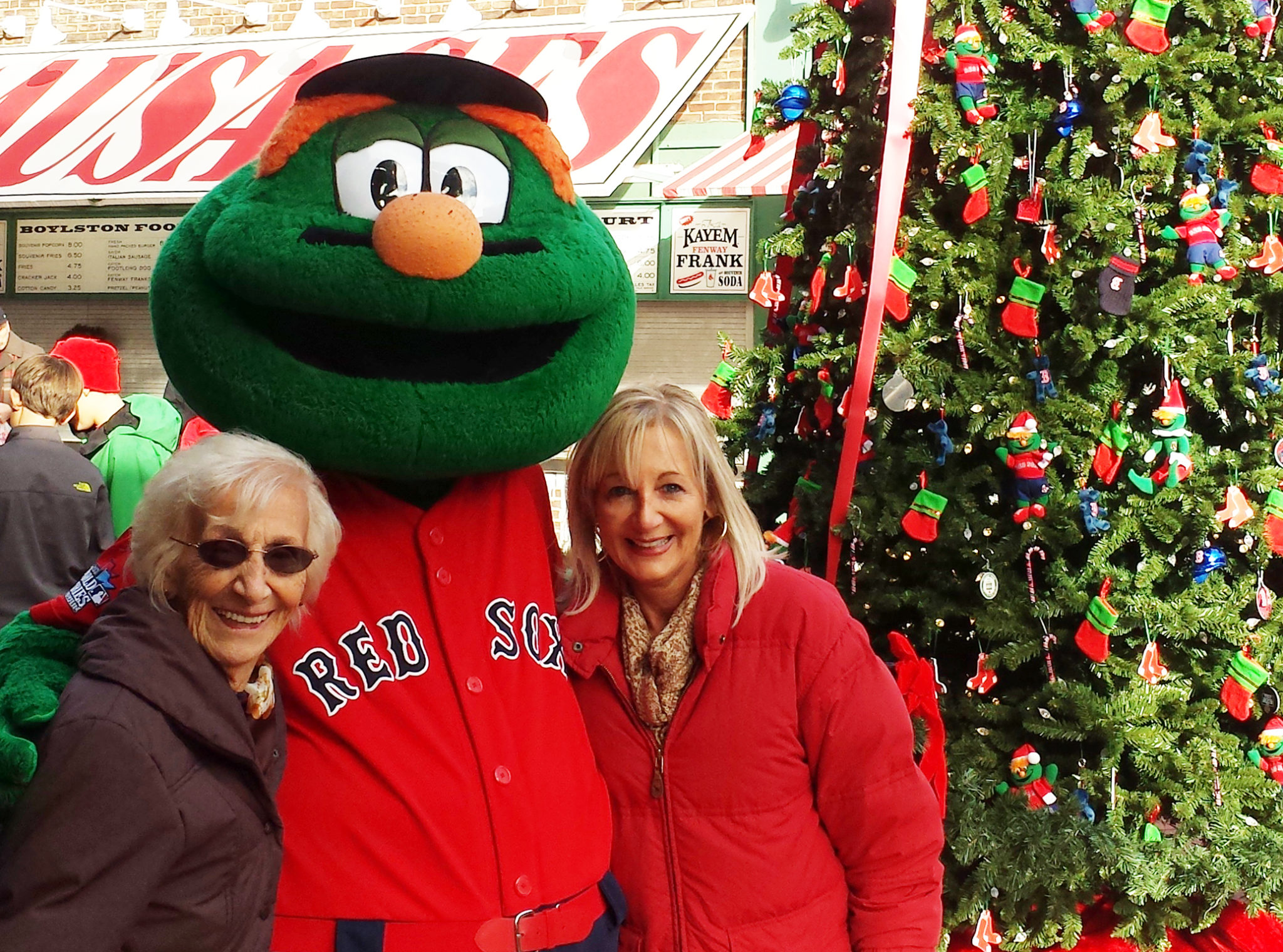
Cindy Laughlin helped her mom live a great “phase three” of her life. Hospice helped them both find peace and comfort. Read the inspiring story.
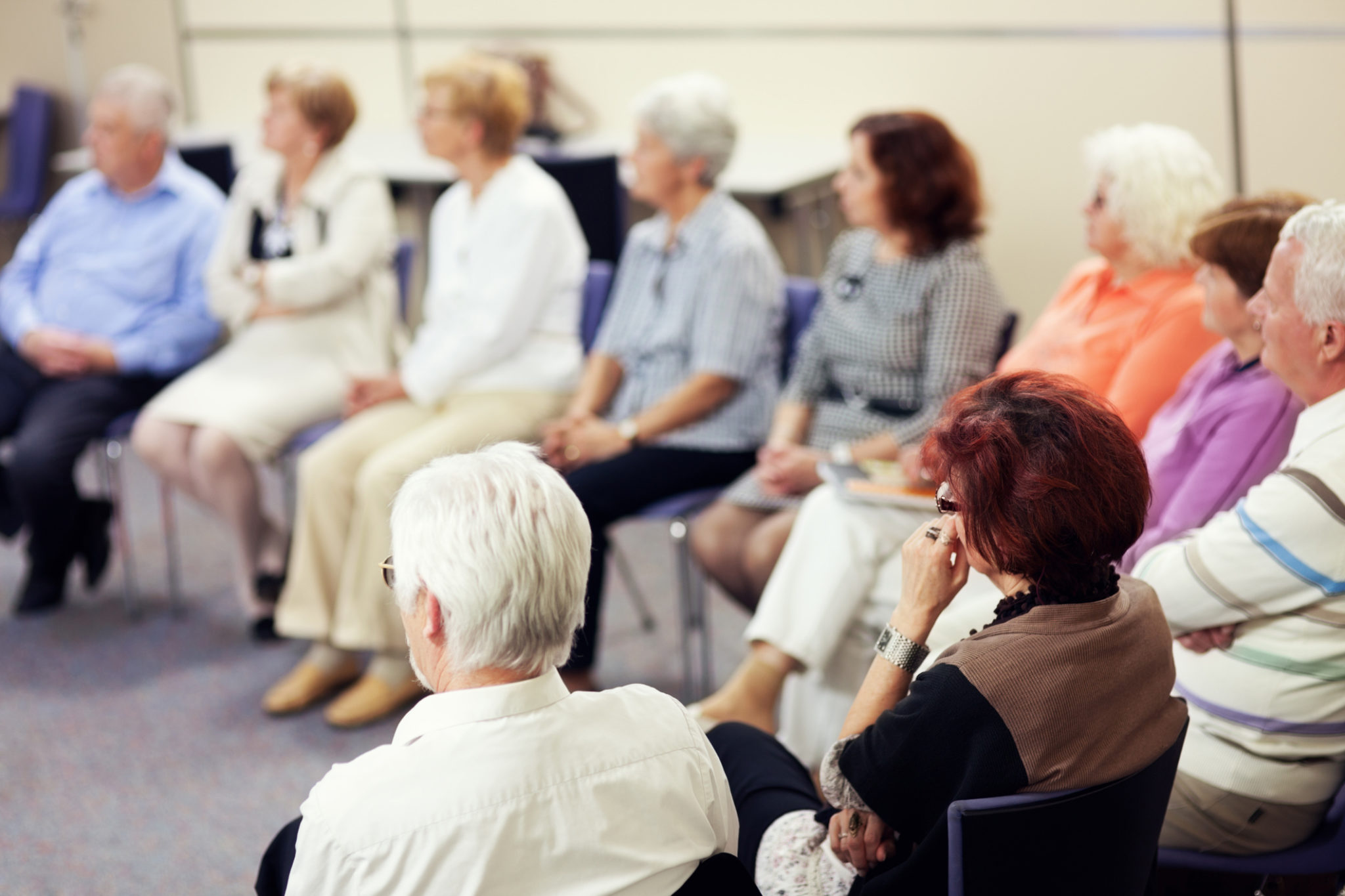
People in dementia-caregiver supports groups can cry, laugh, share advice or say nothing at all. Learn what happens in this safe, judgment-free space.
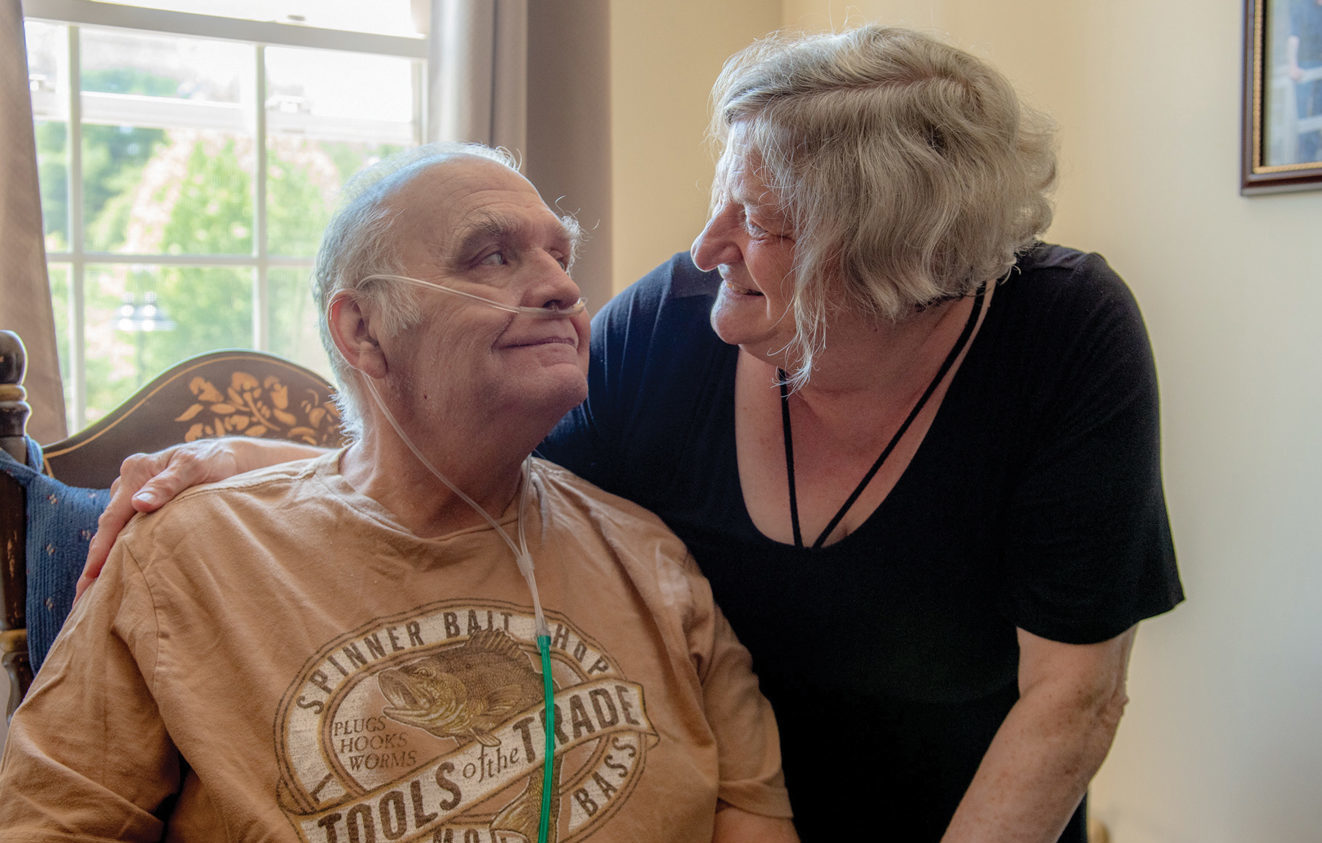
Read the inspiring story of how hospice helped one Rhode Island couple accomplish what they most wanted: to stay together.
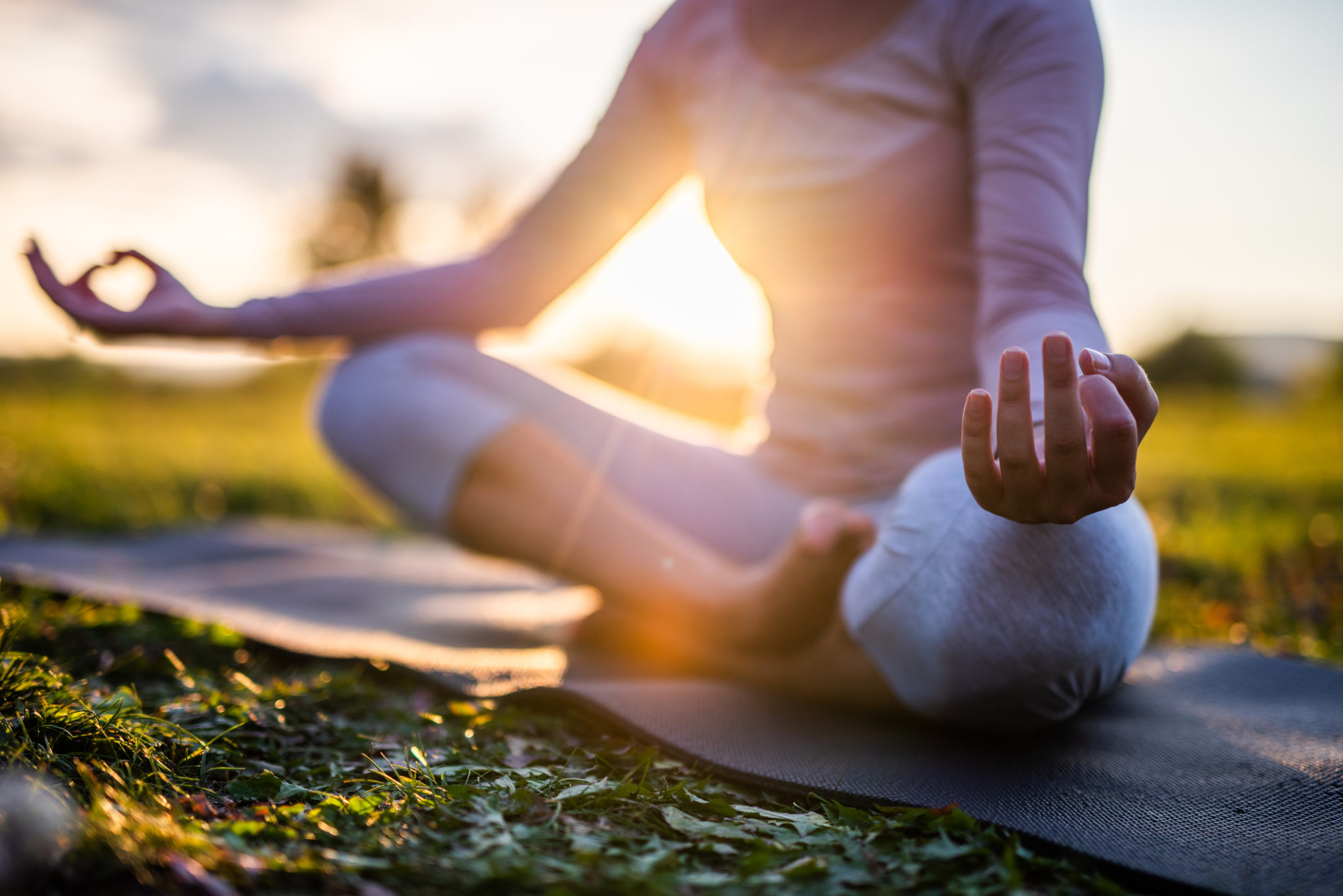
Practicing mindfulness is a way to ground yourself in the midst of powerful, overwhelming emotions that exhaust the body and mind. If you’re living with grief, anxiety, depression, chronic pain or everyday stress, mindfulness can help you cope or heal. Learn five tips to starting mindfulness today.